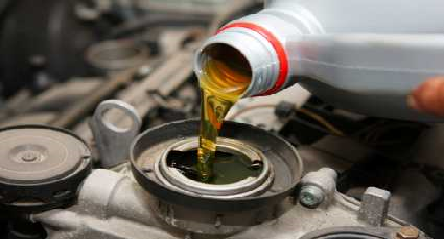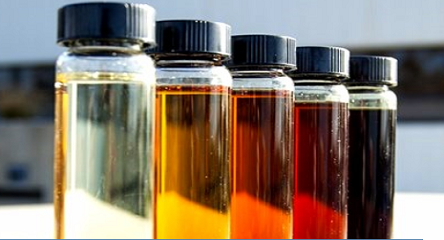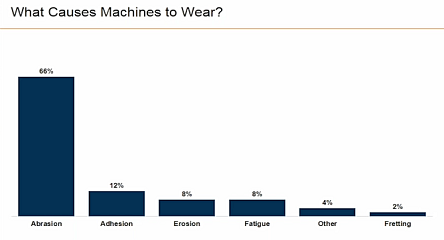About the Author
Evan is a Certified Lubrication Specialist. Evan has extensive experience training tradesmen and professionals in a variety of fields including: lubrication fundamentals, contamination control, condition monitoring, RCM/FMEA and used oil analysis. Evan has been a member of STLE for over 20 years, serving as Chair of the Alberta Section for 8 years, and also as an instructor of the Condition Monitoring course at STLE Annual Meetings. Currently, Evan has Editor of TLT Magazine, and have served as the Editor for The STLE Alberta Section’s Basic Handbook of Lubrication – Third Edition, and contributed as one of the editors for STLE/CRC’s Handbook of Lubrication and Tribology, Volume II: Theory and Design, Second Edition. Evan has published several technical papers and am also a member in good standing of API and ASTM.






